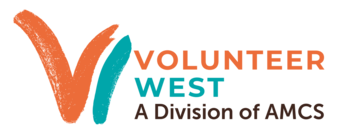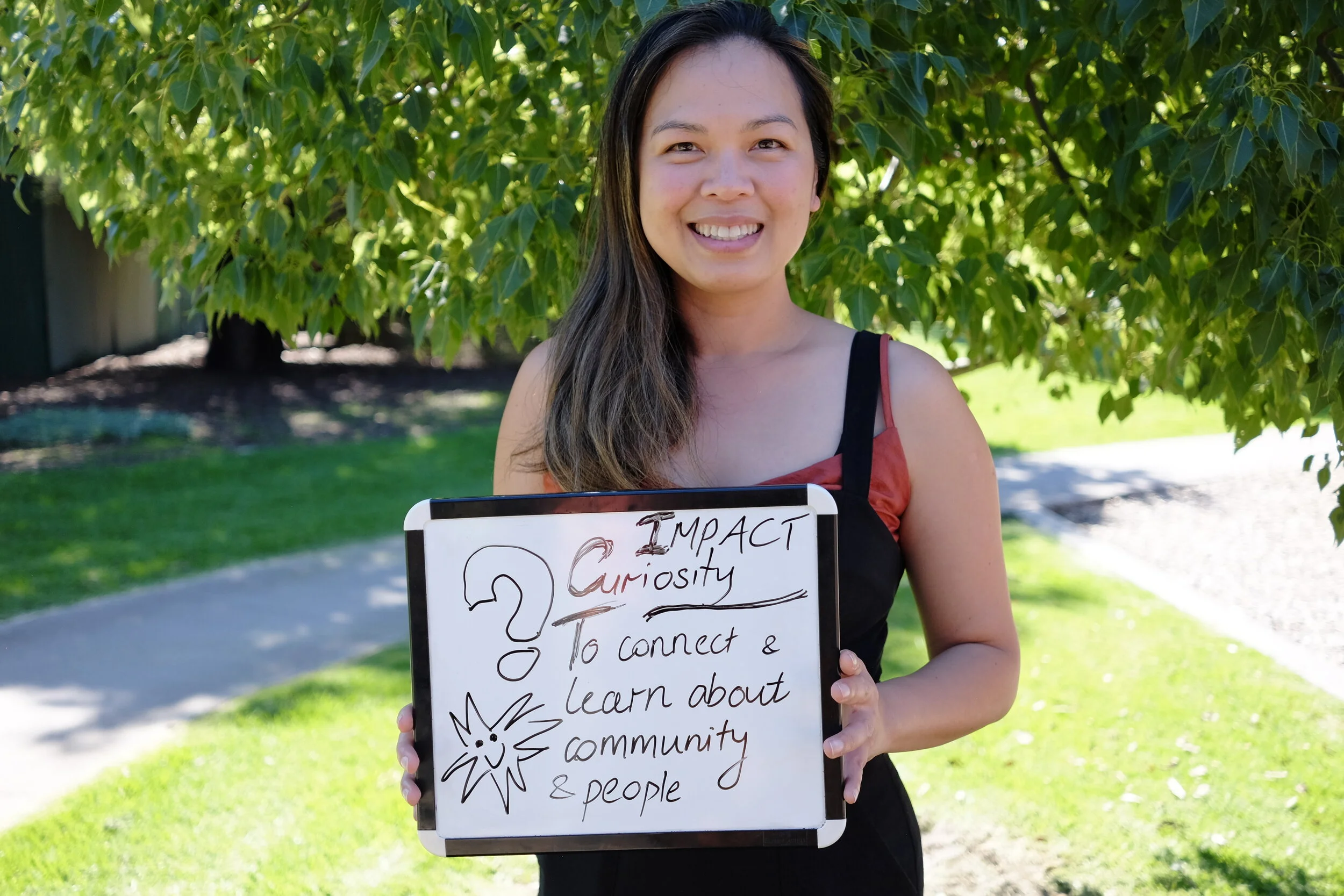Why VolREACH? The backstory to building opportunities
The first entry in a series of reflections that showcase the importance of VolREACH, CEO Thu-Trang Tran recounts formative moments that opened doors for conversation and change. Read part two of the VolREACH series here.
We at Volunteer West have been asking for stories of change from our communities in order to celebrate the individuals and communities that we serve.
Admittedly, I have been reluctant to tell my own story - contrary to my urging of others to tell theirs. So today I share my story in the service of pushing for a reimagining in how we achieve social change. It isn’t a story directly linked to volunteering. It’s a story about opening access to power, opportunity, resources, and knowledge. We need to achieve that so volunteering can flourish again. That is the collective impact and systems change VolREACH will deliver if properly resourced.
My family came from Vietnam to Australia as refugees to south-west Sydney when I was eight years old. Sydney’s southwest, like Melbourne’ west, remains a gateway community for new migrants to this day - and we need gateway communities. We were rich in education. My parents were teachers, an esteemed profession in Vietnam. With my public policy understanding, I can look back and realise that what we were short on, by reason of our circumstance, was access to opportunities and knowledge of the lay of the land. What do I mean by that?
I learnt long after the fact that in late primary school I was offered a place in two selective high schools. Both were two train rides and a 60-minute commute from our home in Wiley Park. My parents declined. “Too far”. One school didn’t require uniforms – we can’t have that! They wanted me to go to a local Catholic girls’ school instead. They would have only been living in Australia for a couple of years at that stage, so perhaps they didn’t fully recognise the concept of selective schools. Maybe when weighing up between education and faith, faith edged over education.
Again, I learnt after the fact that in Year 9 a teacher brokered a deal for me to go into Sydney Girls High School for Years 11 and 12 off the back of my advanced ability in maths (yes, stereotypical Asian kid!). She kept it simple for me and for my working parents. She drove me to Sydney Girls in east Sydney - 45 minutes from my home - so I could take a test that would give me a chance to skip ahead to Year 11 maths. On the way home, she took me to a cafe in Bankstown and we each had a croissant with strawberry jam. I have a soft spot for croissants to this day.
In Year 11, I went to Sydney Girls. I was one of two in that cohort that lived along the southwest train line. For the first time in my life, I felt what it was like to be out of the loop on opportunities available. There were science camps, a space school, and Rotary scholarships that I could pursue. There were even skiing excursions coordinated by my maths teacher! My parents simply weren’t aware of these opportunities or experiences that schools can offer.
It is only in recent years that I have come to know the abstract academic terms for what I had encountered but not understood at the time: that access to circles of knowledge bring access to opportunities and resources. For example, again after the fact, I learnt that I would have qualified for HECS fee exemption scholarships for achieving a high TER (equivalent of ATAR now) had I filled out the form. It was common knowledge amongst my fellow law students. I console myself by saying at least my HECS goes to fund my PhD now.
I distinctly recall my friend pushing me to apply for the Rotary scholarship to go to a science and leadership camp. It was my first time writing up responses to selection criteria, first time fronting up to a panel interview at a heritage stone building (with plush red carpet and a fireplace, no less). I awkwardly tried to dress ‘properly’ not quite knowing how to compose myself, which is typical of being a clueless teenager. I don’t recall having a referee or reference letter. Let’s just say, I was not obvious leadership material and didn’t tick all the boxes. Ignorance can be bliss.
“Moreover, exclusion can occur through inadvertent lack of action and lack of imagination. ”
One evening my parents passed the phone because they wanted me to facilitate the conversation. It was a gentleman wanting to talk about me getting a scholarship. He explained that I was nominated to go to the science leadership camp. Rotary will cover part of the fees, but it requires a $500 contribution from the family. Without interpreting it back to my parents, I said thank you for opportunity, but I will decline. "Why?” he asked. I shared with him that it wasn’t something I could ask of my parents. I shared this story with my closest friend at the time and she offered to contribute towards the cost. I responded by saying that I already closed that door and moved on. A few weeks later, my parents passed me the phone again. The gentleman had called back. He said that they would no longer require the payment from my parents, and that I can go to the camp.
Had I chosen to translate the conversation for my parents, I know they would have found the money to cover the cost. I chose not to give them that opportunity. I want to stress here, I never felt poor. My parents raised us up simply on the principle of living within our means, and they forbade working in high school. They wanted me to simply focus on schooling, to work on my English, and to not fall into the wrong crowd.
Thu-Trang and her reason for volunteering
My story is a microcosm of the forces at play in our broader community. It is one of so many stories from our communities that impresses the real need to open up access to opportunities, the need to break down visible and invisible barriers, and the need to reveal tacit knowledge of how and where power and resources are held and distributed. Or to put it simply: breaking down conceptions of the ‘right’ words to use, the ‘right’ ways to dress, talking to the ‘right’ people. Moreover, exclusion can occur through inadvertent lack of action and lack of imagination.
This affects the volunteering sector and Melbourne’s west, with the status quo meaning they are out of the loop in terms of access to networks of power, resources, and knowledge. To use Aussie parlance, the volunteering sector and Melbourne’s west are the underdogs. Just like I was in high school.
Through building opportunities and breaking down barriers for the volunteer sector and for Melbourne’s west, VolREACH sets out to change this status quo for the better.



